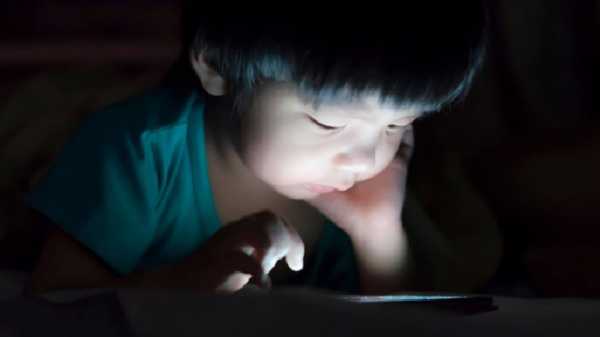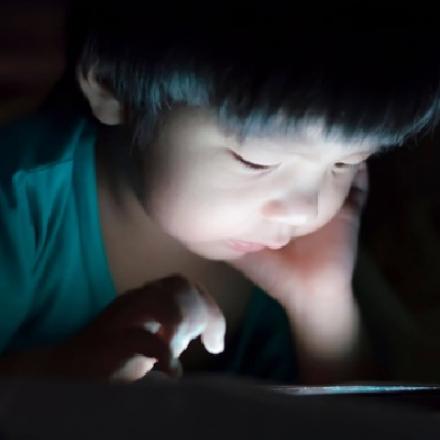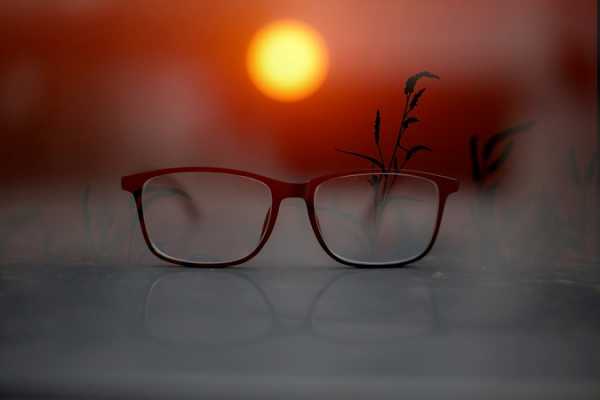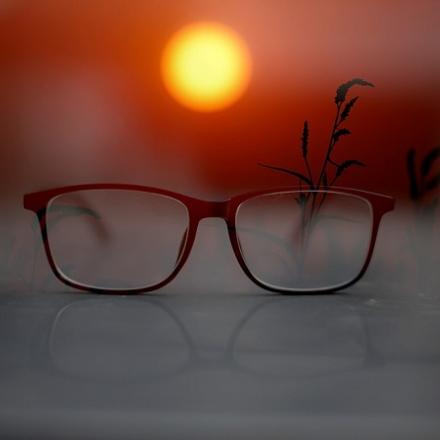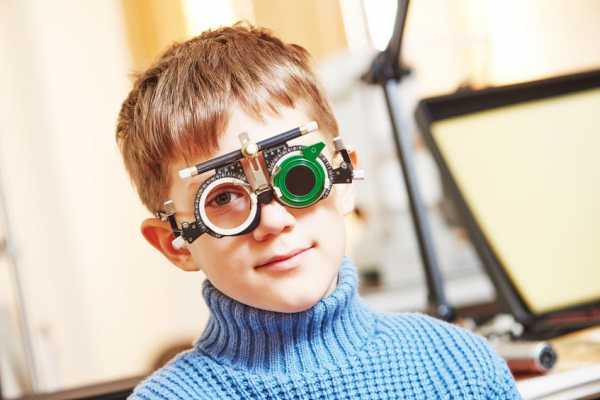
Signs of Vision Problems in Kids
Children may have difficulty verbalizing vision problems as they might perceive it as normal. Some children may recognize the problem but may not be able to express themselves. It is important for parents and caretakers to recognize signs and symptoms of vision and eye problems in children in order to help in correcting these problems.
Signs of Vision Problems in Kids:
1- Reading with item close to face.
2- Head tilting.
3- Eye deviation (eye turning in or out).
4- Frequent headaches.
5- Frequent blinking.
6- Easy fatigability when reading.
7- Rubbing of eyes.
8- Short attention span.
9- Seeing double.
10- Covering one eye.
11- Difficulty seeing at low light or at night.
12- Avoiding reading and other near visual activities.
13- Poor reading comprehension and retention.
Vision is not just being able to see clearly. It is our ability to see and process the images that we see. It is our ability to understand the visual stimulus and be able to respond to them. It is a common misconception that if a person gets a 20/20 score in visual acuity, their vision is perfect.
According to the American Optometric Association, there are 3 important visual perceptive skills:
Recognition, comprehension, and retention. These factors cannot be evaluated with a mere visual acuity test. A more comprehensive eye exam is required.
How do vision problems affect a child’s development?
Being in school requires a lot of visual tasks—reading, writing, and playing among others. Academic and sports performance demand a lot on their visual abilities. Children in school age having vision problems may more likely to have poorer academic and sports performance compared to others if not given proper attention.
These kids may have to work harder or worse, they may totally avoid activities in school such as reading. They may find learning as a stressful and difficult task. Parents and teachers should be observant to these signs as it can greatly affect a child’s learning capabilities and school performance.
Is it required for children to undergo Ophthalmology consultation?
An annual eye examination is recommended. For children diagnosed with any eye problem, an eye doctor might recommend an eye check up every 6 months. It is better to detect any vision problem as early as possible as some conditions may be easier to treat at an earlier age and stage.
During a comprehensive eye exam, the eye care professional will be able to assess specific problems and recommend treatment options. Children with vision problems may be prescribed with glasses, lenses, vision aids, or vision therapy.
Some may think that an eye exam is not necessary at an early age, but this is not the case. An eye exam can be, and should be performed after birth. Annual checking should be followed as the child’s eyes grow and develop. Vision may also change frequently and should be addressed effectively.
Poor vision does not only affect a child’s school performance, it affects their daily lives. Learning isn’t confined in the 4 walls of their classrooms; it extends to their home and everyday environment. The failure to detect and treat a child’s vision problem will not only negatively impact their learning capabilities but their total development as a child as well.





